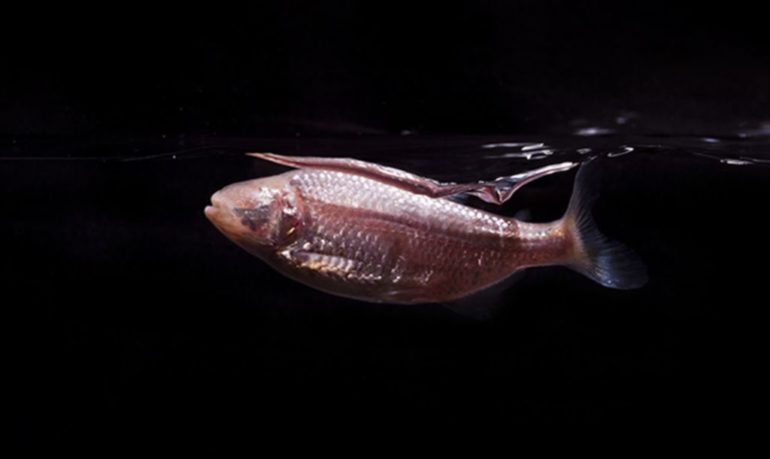Interesting news that is going around the globe is that sleepless fish may help humans stay up all night, or require less sleep in general.
According to a new study published on eLife this past week, a team of neuroscientists at Florida Atlantic University have found “the first evidence of genetic and neuronal changes that contribute to the evolution of sleep loss”.
This new scientific discovery comes thanks to a little fish known as the Mexican tetra. This species of fish exists in two different populations: the surface dwelling genus and its blind, cave-dwelling counterpart. With regular access to sunlight, the surface population requires around eight-hours of sleep (similar to that of humans) while the latter group requires a total of two-hours every 24 hours.
Fish with the mutation have brain cells that lack receptors for a neuropeptide called hypocretin. These fish got 30 percent less overall sleep than normal zebrafish. When the mutant fish did fall asleep, they slept only half as long as their normal counterparts.
The researchers’ next step is to look for mutations in zebrafish that cause oversleep or complete lack of sleep, with the ultimate goal of discovering new sleep-related regulatory molecules and brain networks passed on through evolution to humans.
“Many people ask the questions, ‘Why are we sleeping?’ and, ‘What is the function of sleep?’ I think it is more important to figure out first how the brain produces and regulates sleep. This will give us important clues on how and maybe why sleep has been selected by natural evolution and is so universal”, said the researchers.
Via: Mixmag











